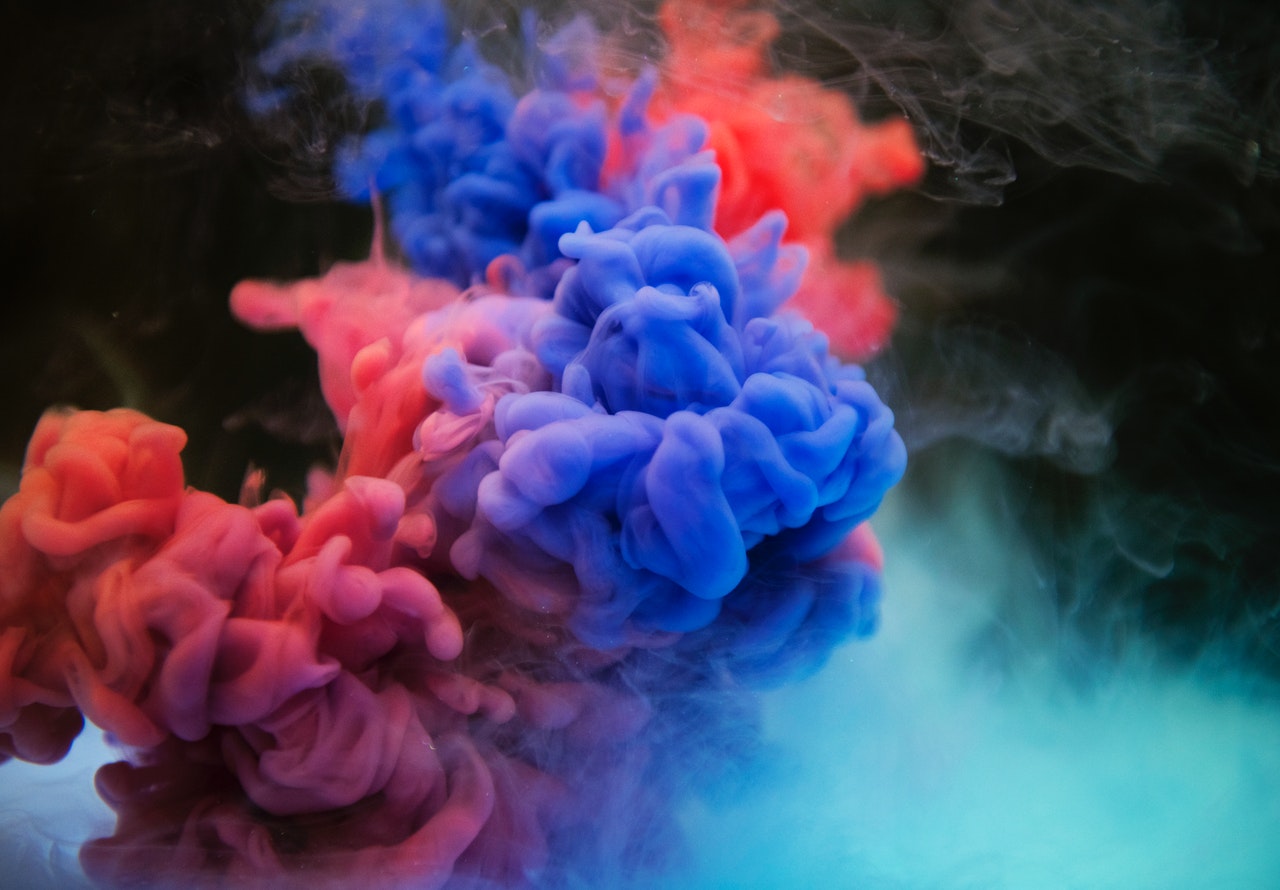What’s Left Over? Art.
This is perhaps a little old, but it’s thought-provoking enough that I had to share it: Colby Cosh on artisan chocolate and social revolution. Cosh’s blog post/essay muses on some very big ideas about the future of labor and society:
We have learned to live with the fact of life that manufacturing jobs are inherently less labour-intensive as time goes by…. What the world seems less ready for is the automatization of service jobs: we talk of a transition to a “service economy” even as sinister computerized automata take over from door-knocking politicians, the Japanese put robots in senior-care facilities, and Siri gives every schmuck with a phone his own personal concierge…. Machines have long since moved on from replacing muscles to replacing minds. I quote one of Marshall McLuhan’s maxims a lot when I’m talking to people about the future of print media: “New media turn old media into art forms.” But the rule is really generalizable to the whole economy: art is what is left over after you have automated everything you can. [emphasis mine -AH] Print media used to be a utilitarian means of getting information into people’s hands, fast and cheap; to the degree these media have any future, it will be as art objects, as non-utilitarian objects of contemplation and admiration and surprise. So I tell young people who want to work in journalism that with every decade, artistic values will be privileged more and more. You had better be prepared to be a distinct individual, to treat your particular line of work as a craft rather than a job, to seek out the style or the method or the niche that no one else is in; nobody’s going to need you to knock out pyramid-style copy on deadline or take trite photos from accident scenes. There’s going to be a reversion to artisanship.
But seriously, a couple of block quotes don’t do it justice; you should read the whole thing (go ahead, I’ll wait). Back? Anyway, I’m sharing this on the Fractured Atlas blog because it reminded me of something I mentioned in a recent post. If you’ll forgive the self-quote:
As the pro-am revolution continues to unfold, art-making will become a nearly universal experience of modern life. Access and influence will be democratized, and the culture wars will fade into the rear-view mirror. The bad news is that, as art-making becomes less marginalized, there will be fewer opportunities to make art a career, at least without substantial financial subsidy. Of course, this is how it worked for most of human history, and how it still works throughout much of the modern world. This isn’t a “new model” so much as a really, really old one.
Ultimately, Cosh and I are talking about the same convergence, just from different perspectives. Art will become less special and art-making less marginalized as more and more people approach their work artfully. To be clear, this isn’t just about a growing creative economy. This is about the creative economy mindset taking over, or perhaps being co-opted, though not in a creepy scary way. Regardless, it’s likely to be the biggest shift in labor dynamics since the industrial revolution, and the uniquely human need for creative expression is at the heart of it. So here’s the question I have for you: What role will artists — the traditional, dedicated, professional kind — play in the transition?
About Adam Huttler
Adam Huttler is the founder and Managing General Partner of Exponential Creativity Ventures. As a six-time founder, his career’s through-line has been about helping mission-driven companies use technology to drive innovative revenue strategies. Adam is best known as the founder of Fractured Atlas, a social enterprise SaaS platform that helps artists and creative businesses thrive.


